Suffering Love is the Engine of the Kingdom of God
On April 20, 2023, a Space X rocket generated over 17 million pounds of thrust, burning over six million pounds of oxygen and almost two million pounds of methane. Impressive! More than 17 million pounds of thrust pushed the 450-ton rocket off its base in Chica Boca, Texas and up into space! (Wikipedia – Space X Super Heavy)
The kingdom of God has its own impressive engines for propelling Christ’s work forward through the ages. We will briefly examine just one of those engines, the engine of suffering love.
Ever since Adam and Eve made their tragic mistake in the Garden, the world has been burdened with much suffering. However, suffering endured as a consequence of evil is not equal to suffering love. Let me explain.
The practice of sin harms both the perpetrator and the recipient. Cain suffered as well as Abel. Adam and Eve suffered. Sin always works that way. And so, the ages of history groan under the weight of the accumulated consequences of sin.
Imagine the weight of sin (not the guilt of sin) carried by Jesus Christ as He made His way to the cross! He was about to make a sacrifice for sin and set our redemption in motion. His work of redemption 2000 years ago was extremely difficult considering both past, present, and future sin. No wonder He asked His Father for an alternate path. Jesus Christ understood, far beyond anything we can conceive, the difficulties-the suffering- involved in His redemptive act. The weight of the ages was bearing down on Him.
And yet He carried it through. He recoiled from it in the garden, but He finally yielded to His most difficult, painful work, “Not my will, but Thine be done.” The rest is history.
What kind of power was required to raise Jesus from the dead? Plant germination – the transformation from a seemingly lifeless seed into a fruit-bearing plant – seems small beside resurrection from the dead. What kind of power is necessary to generate life out of death? I cannot imagine it! I can at least comprehend the science behind the miracle of seed germination and growth into a fruit bearing plant. But I cannot begin to explain how death comes to life.
Dead bodies resurrected back into life are connected somehow to the resurrection of Christ. He was the First Fruit of the resurrection. Yet the resurrection of Christ involves far more than just a physical body returning to life. Somehow, the Resurrection becomes a part of the DNA of the soul of every person who has died to themselves and is resurrected into newness of life.
Consider the case of the early Christians: resurrection power shows up first in the book of Acts as the previously fearful disciples are transformed into bold preachers of the gospel. The same resurrection power was continuously manifested in genuine believers across the Roman Empire. Emperors heard about this power but hardly knew how to deal with it.
How do civil authorities deal with humans who do not dread publicly dying in an amphitheater or burning as a torch for light at sensuous dinner parties? How do they deal with those who consider martyrdom an honor? Civil authorities could not stop the public from admiring the glorious dying they witnessed. What could they do?
Many years later at the Gravenstein Castle in Ghent, Belgium, civil authorities understood that public executions for becoming Anabaptist were best done inside the castle walls. When executions happened outside the walls, the public could witness the glorious dying. What was going on?
Suffering love is the engine for the kingdom of God.
Before he was converted, John Calvin was accosted at night by a stranger who jumped out of a darkened doorway saying, “Have you heard about the free grace of God?” When he pulled himself free from the stranger, Calvin was shaken. He continued to his house in a shaken condition.
A week later, Calvin was walking down the street when he noticed a crowd gathered up ahead. He approached the crowd only to discover that the man who had accosted him the week prior was being prepared to be burned alive. This time, the man was quietly awaiting his death, demonstrating remarkable calmness. What was this? John Calvin was once again shaken to his core, so shaken, that this event led to his conversion.
As a boy, I read the Coals of Fire story of preacher Peter inviting the men who were removing his house roof thatch during the night into his house for a meal. Following the meal, his former harassers returned the thatch to the roof. What was going on? I was deeply impressed.
The Martyrs Mirror contains hundreds of martyr stories. Why was a book like this compiled? All such collections happen for one reason: humans absent from the time and place are able to experience what happened through their imaginations. When Hans Landis was about to be executed, the executioner asked, “Well, Hans, have you forgiven everybody?” Looking directly at the executioner, Hans replied with a sparkle in his eye, “Yes, I have; you included.”
Power beyond words is present in each of these scenes. The obvious, common power is the Spirit of Jesus Christ, risen from the dead. No strong will power, no group loyalty power, and no power of positive thinking could perform these acts. Rather, it is something that has deeply transformed the human spirit: something true, something beautiful, and something good. Beyond that, something miraculous, something only the Holy Spirit can produce.
Onlookers are moved by this non-human behavior. They quickly notice quiet power at work. Power which defies human explanation. They desire it for themselves, and it is precisely this power that compels human beings into the kingdom of Christ.
Onlookers are somewhat compelled to the Kingdom by orthodox doctrine, by correct practices, and by moral behavior—only somewhat. But suffering love is a mighty compelling force, far exceeding any other compelling force. Unjust suffering, apart from martyrdom, accomplishes the same effect. Before Jesus Christ suffered, He predicted, “When I am lifted up, I will draw all men unto Me” (John 12:32).
This prediction has certainly been true for 2000 years! Countless souls have been compelled into the kingdom. The compelling is still happening today!
When Christ calls us to suffering love, He is calling us to participate in that ageless burning engine, the call to His kingdom. What an honor!
Tags:
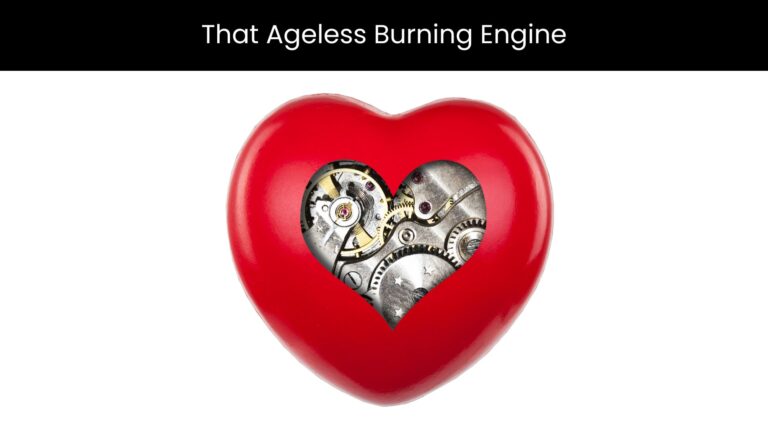
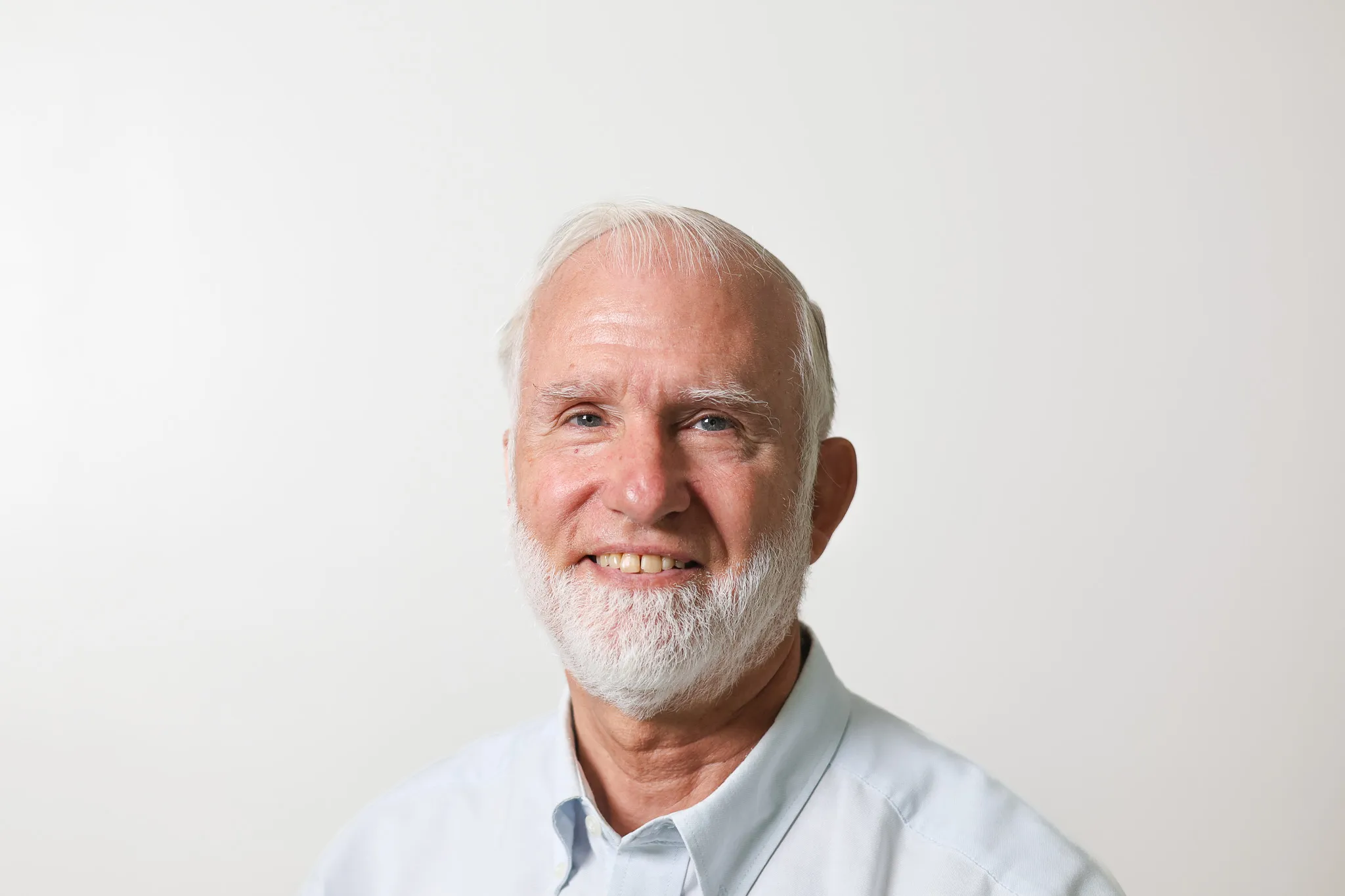
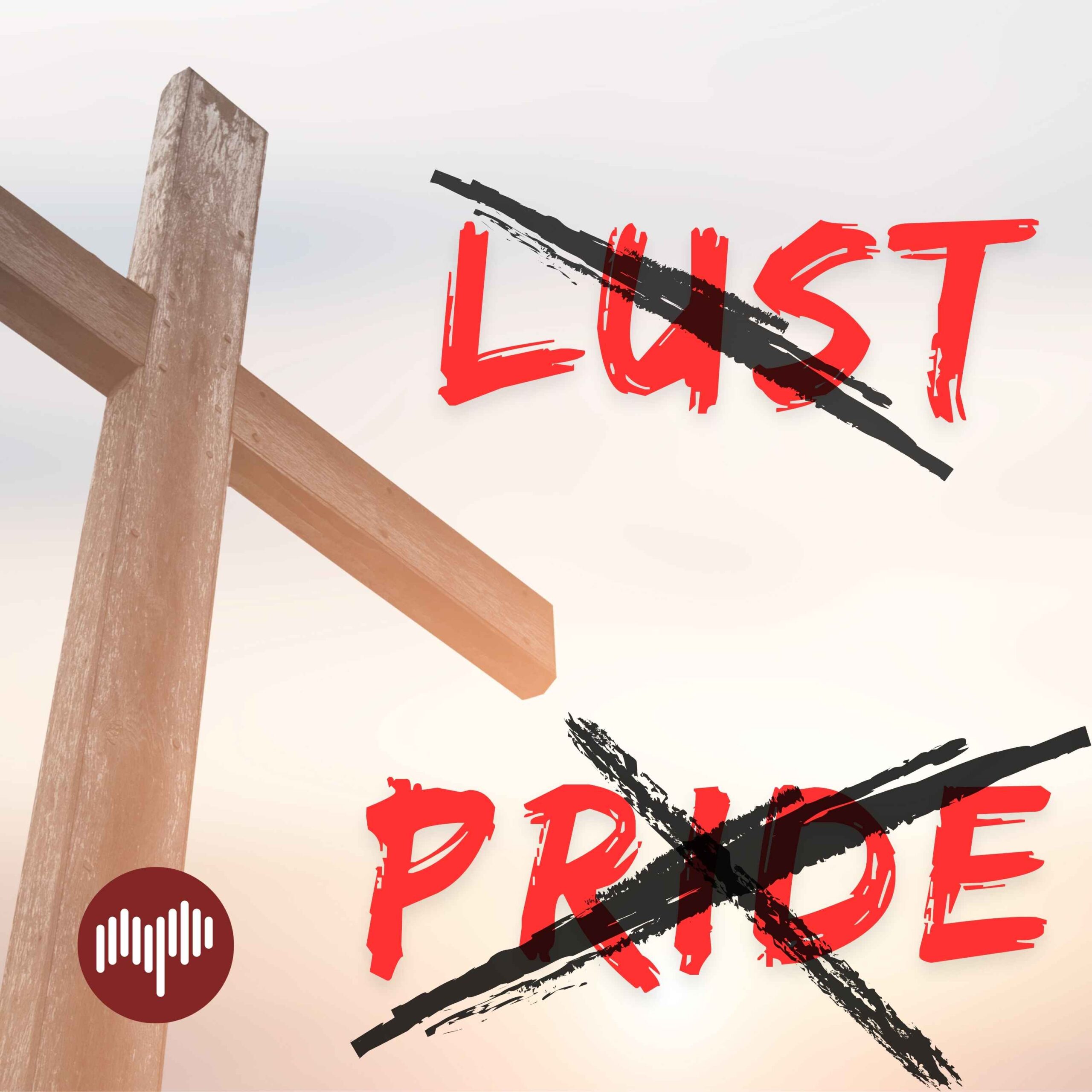
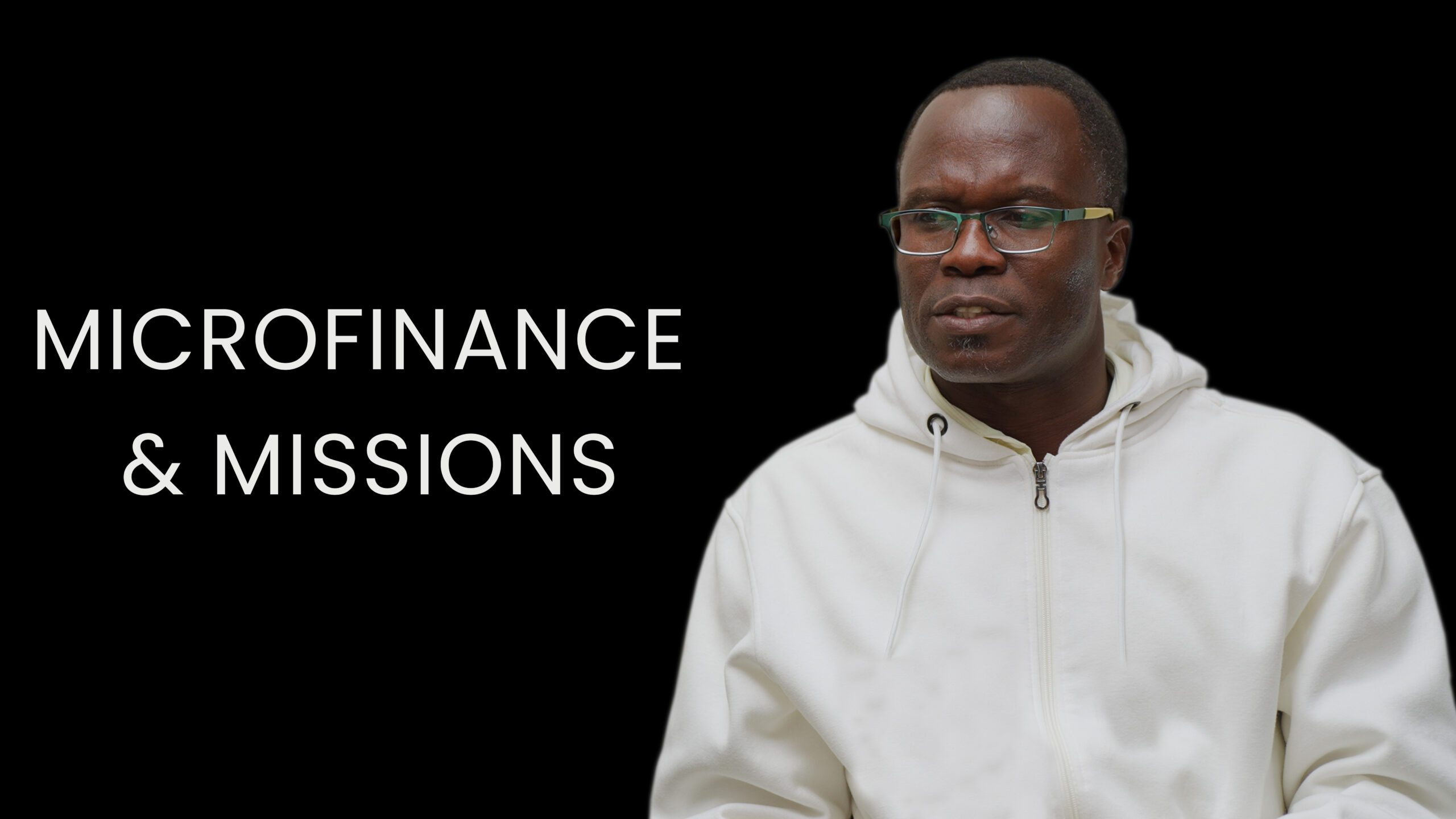
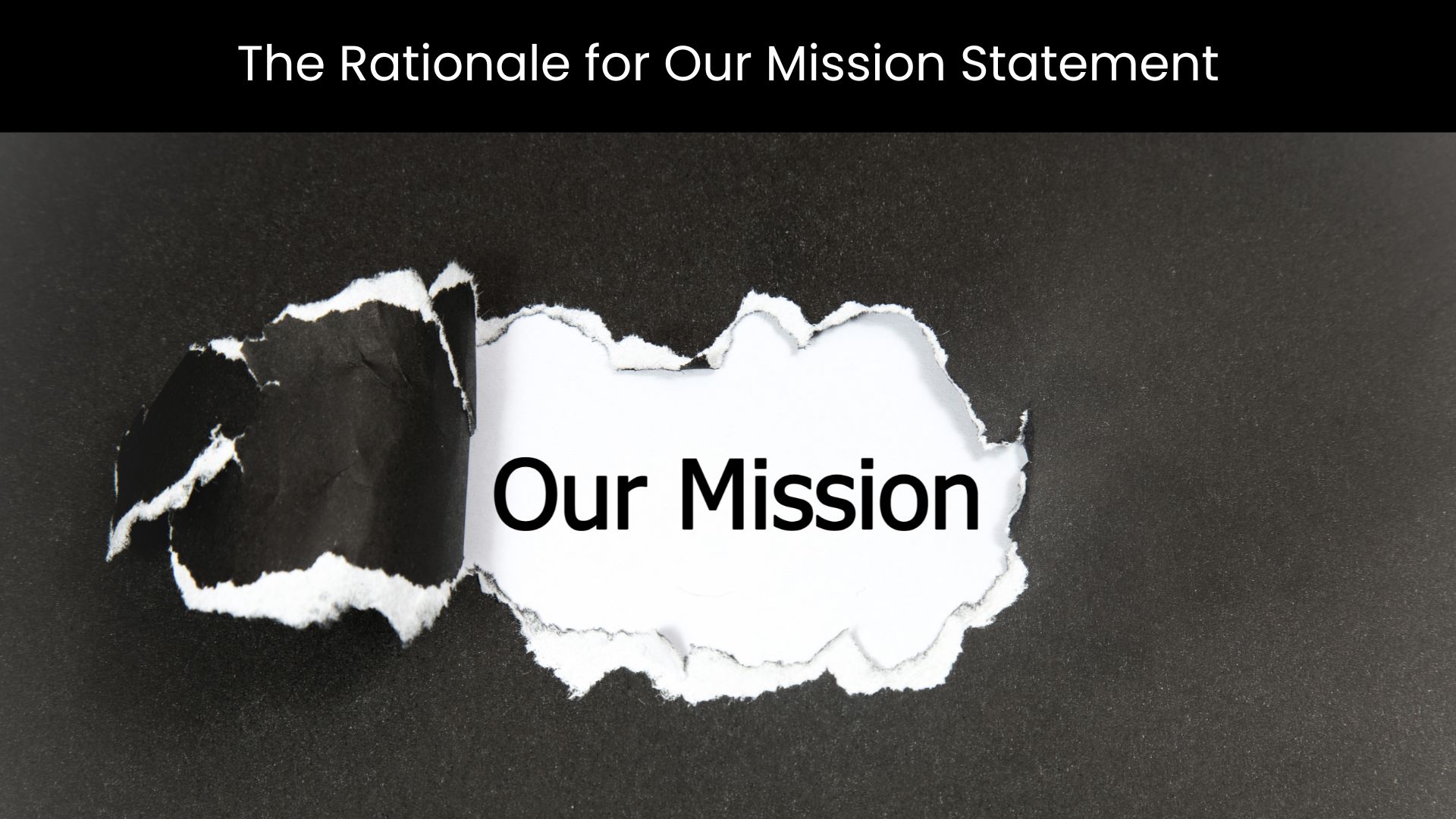
Leave a Reply